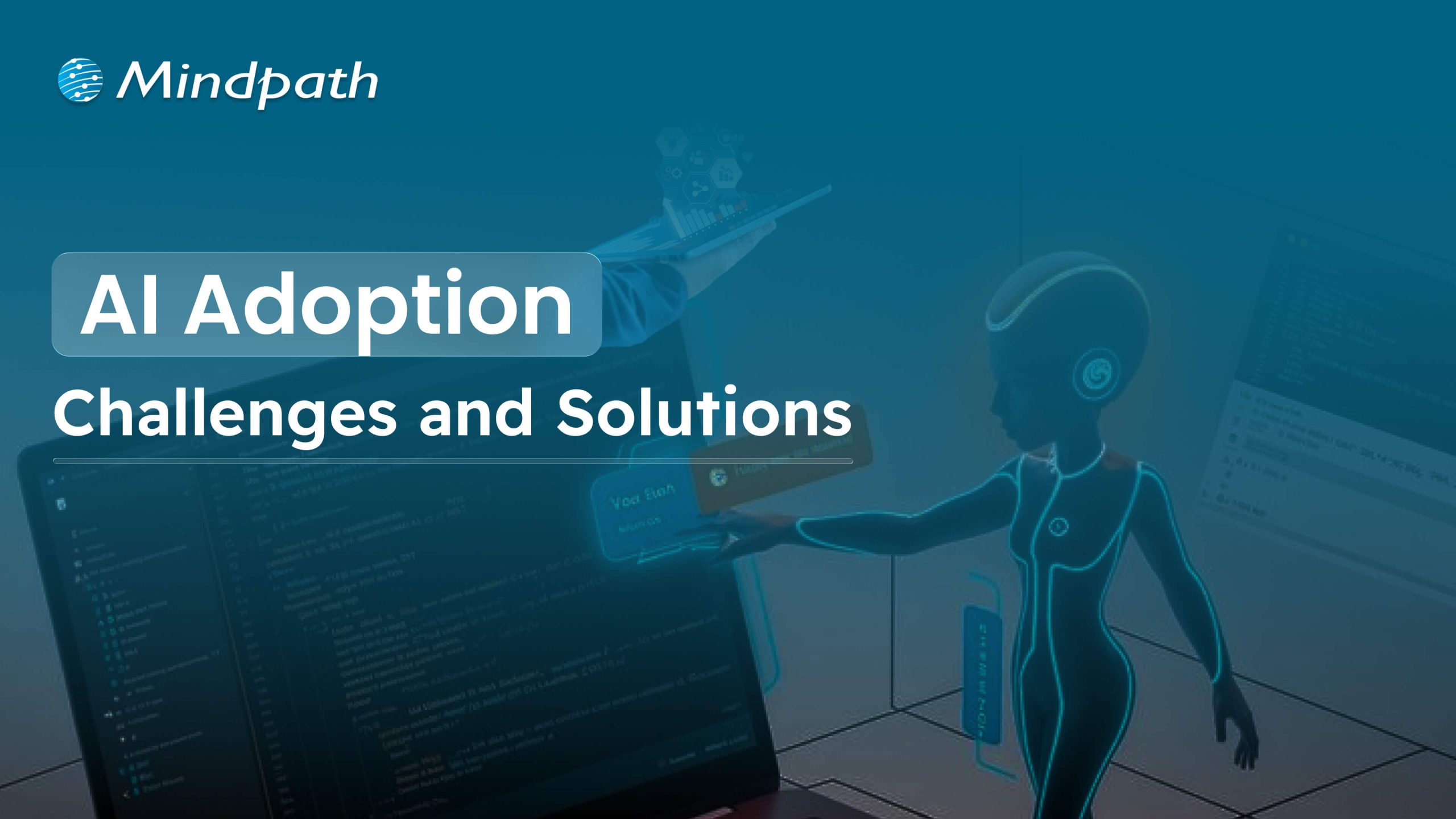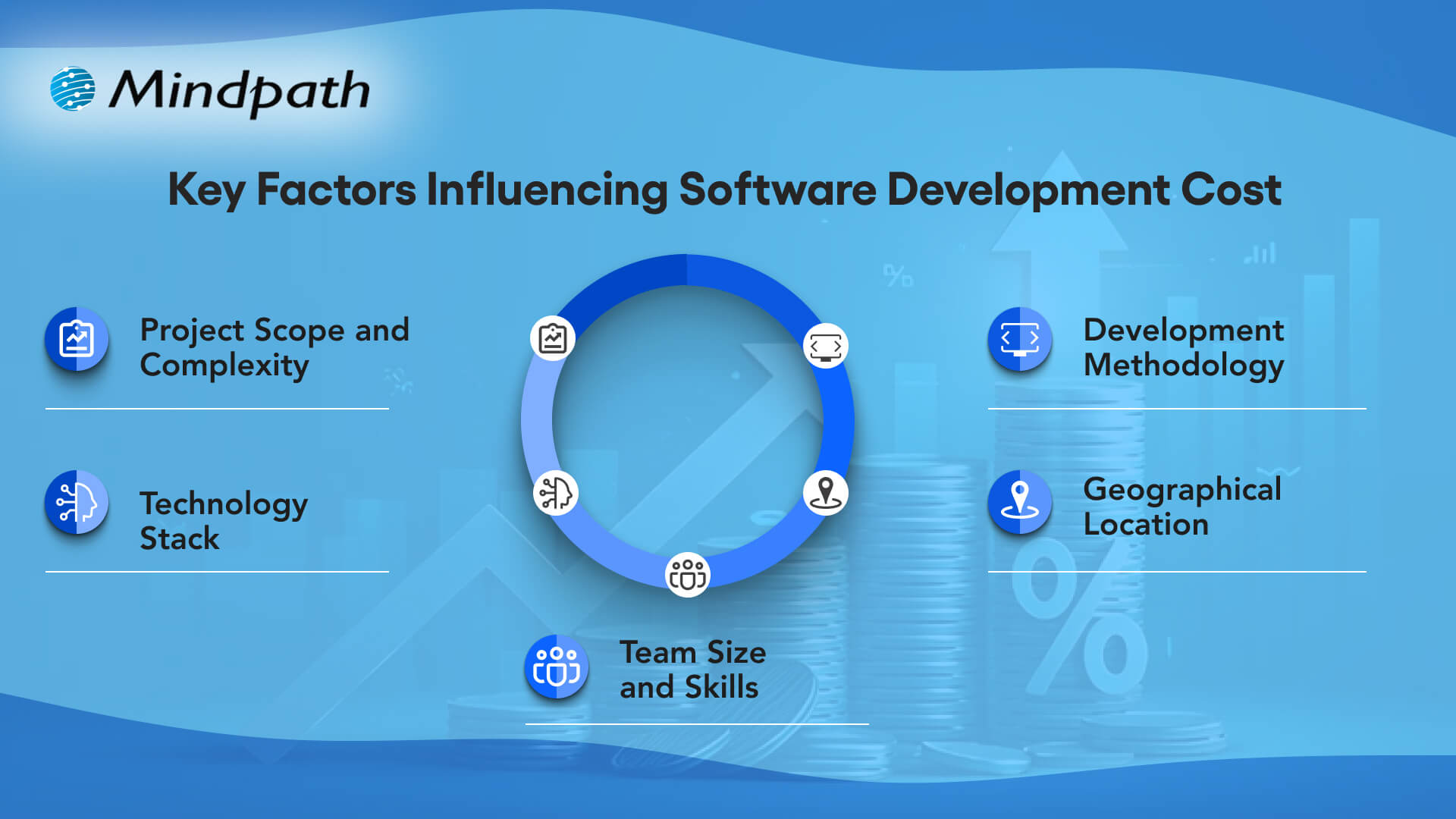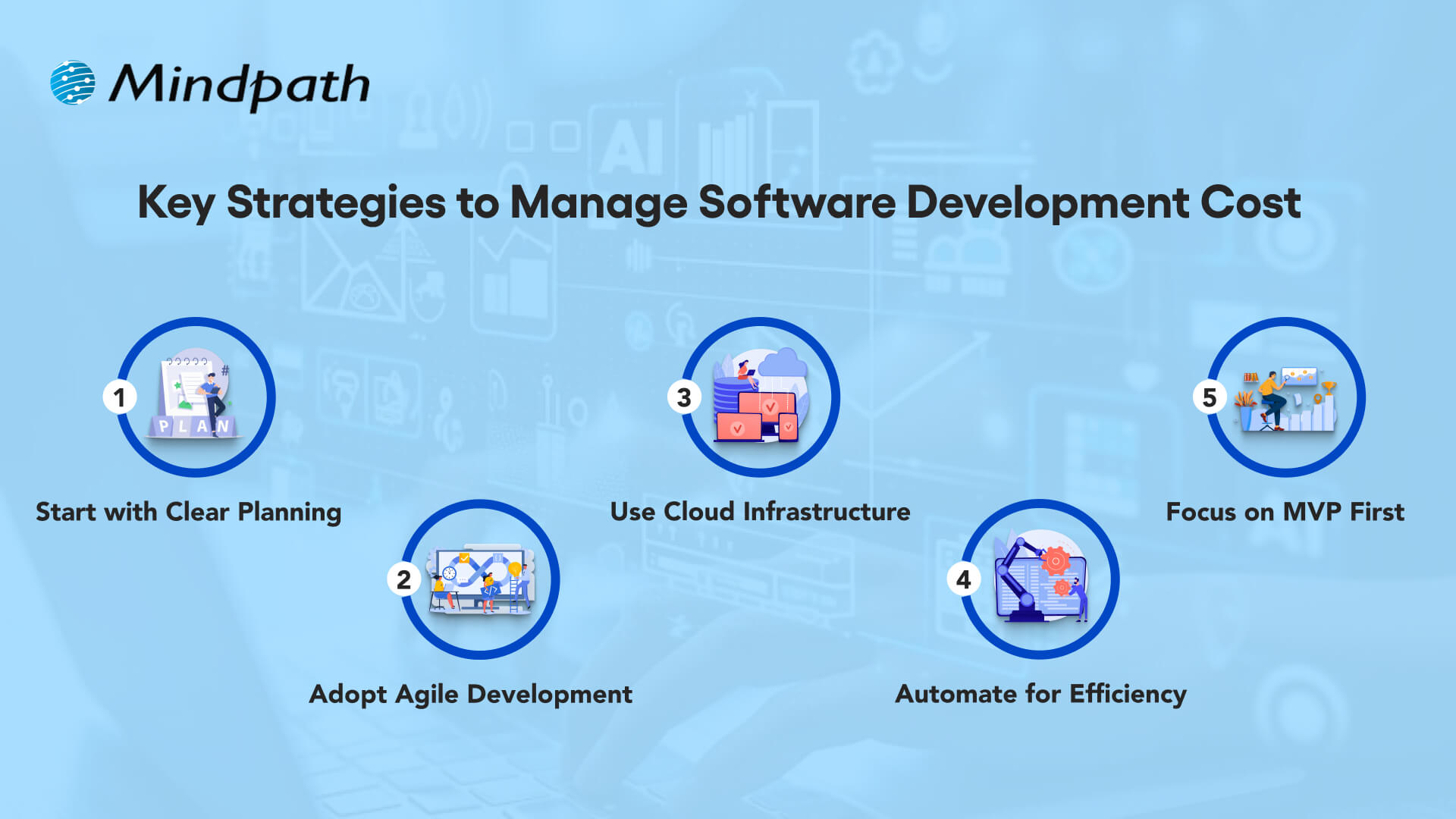Ever been puzzled between Angular and React for your next web development project? Both are very powerful tools with unique advantages, but how do you know which to use for the best fit? In this blog, we’ll uncover the key differences between Angular and React, highlight their strengths, and help you make an informed decision. Are you curious about which framework stands out? Let’s dive in and find out!
Overview of React
React is a front-end JavaScript library developed by Facebook that enables building user interfaces based on the reusable component model. Along with flexibility and efficiency, it also hosts server-side rendering for improved performance and scalability. React aids in developing complex UIs with a seamless user experience. It was developed under the “Learn Once, Write Anywhere” philosophy, ending up as one of the most favored choices while developing fast and scalable applications. It also integrates with JSX, which is an extension of syntax, making it quite easier to write and manage HTML-like code within JavaScript. If you’re considering how to leverage these features effectively, you may want to hire ReactJS developers who can expertly utilize these capabilities to meet your project’s needs.
Overview of Angular
Angular is an open-source front-end JavaScript framework developed by Google. It is vastly used in the creation of high-performance and scalable mobile and web apps using only HTML, CSS, and TypeScript. It gives robust solutions at the enterprise level in the development of web apps with its latest version, Angular 13. Angular is a complete overhaul of AngularJS (Angular 1.0) and utilizes the MVC (Model View Controller) architecture. This means that it structures code into logical components, enhancing development efficiency and improving the time it takes to load the initial page.
Top Features of React
1. Reusability
The biggest advantage of React is in creating user interface components that turn out to be reusable across different parts of a given app. It means building a button or form once and reusing it as many times as you want in your application. This way, development time is saved with React, and the application remains organized and scalable. These benefits are a key reason why many businesses seek ReactJS development services to enhance their application’s efficiency and maintainability.
2. Interactivity
React makes it easy to build active, engaging user interfaces. This allows one to update and render data in real time, not having to refresh the whole page. This will therefore mean a smoother user experience as users interact with the App.
3. Performance
React enhances performance through its Virtual DOM, which optimizes the update process by efficiently managing changes to the Document Object Model. Instead of updating the whole page it changes only what is required, which makes updates faster and more efficient for the user.
4. Community
React has an enormous, active, and highly vibrant community of developers. This vibrant community provides a lot of resources, libraries, and tools extending and enhancing the functionality of React, which helps in finding support and solution for the projects easily.
5. Reliability
React is trusted by big companies and websites: from Facebook and Instagram to Airbnb. This wide adoption highlights its reliability and scalability for building large-scale applications.
Wondering how ReactJS can boost your project’s success?
Mindpath’s seasoned developers craft cutting-edge solutions tailored to your needs.
Top Features of Angular
1. Modularity
Angular is designed modularly, which provides a possibility to break complex applications down into smaller, reusable pieces in the process of development. This makes the code easier to manage, test, and scale, hence being better organized for maintenance.
2. TypeScript
Angular is written in TypeScript, an enhanced version of JavaScript supporting additional features, classes, and type checking. That allows early detection of errors and makes the code easier to read and maintain.
3. Performance
Angular boosts performance with lazy loading, ahead-of-time compilation, and tree shaking. These tools decrease load time and make an application run faster; thus, enhancing the user experience.
4. Cross-platform
Angular is a cross-platform framework that allows the developer to build web, mobile, and desktop applications from one codebase. This simplifies the procedure for development and maintenance across different platforms.
5. Community
Angular has a large, ever-active community of developers and contributors who have contributed a great deal to the updating, fixing, and implementation of new features. In that regard, this big support community makes Angular reliable and future-proof for the construction of modern web applications.
React vs. Angular – Comparison Table
Feature | React | Angular |
Learning Curve | Easier to learn and use | Steeper learning curve |
Data Binding | One-way data binding | Two-way data binding |
Performance | Virtual DOM for efficient updates | Real DOM with optimization techniques |
Flexibility | Highly flexible, integrates well with other libraries | More opinionated and less flexible |
Modularity | Component-based structure | Modular but more rigid |
Development Speed | Fast development with reusable components | Slower due to larger framework overhead |
React Development Services at Mindpath
At Mindpath, we put ReactJS into practice to come up with powerful and scalable web solutions. With over ten years of experience, our team is well-equipped to handle a wide array of ReactJS development needs. Here’s a review of the services we offer:
- ReactJS Front-End Development: We are involved in creating responsive and dynamic user interfaces to improve user experience and interaction with your website.
- React Native App Development: Our team develops cross-platform mobile apps with React Native and gives them the native look and feel across iOS and Android devices.
- ReactJS Consulting: We expertly guide you on the usage of ReactJS in your projects so that the development strategy and architecture may be better optimized for the projects.
- ReactJS API Integration: We will integrate your ReactJS applications easily with external APIs and connect them seamlessly for smooth data and functionality exchange.
- ReactJS Enterprise App Development: We develop scalable and reliable applications that large organizations can use to take up complex requirements with high performance and efficiency.
- ReactJS Maintenance & Support: Continuous maintenance and support services that keep your ReactJS applications in motion, fixing any issues fast.
- React Web Design: We design engaging and user-friendly web interfaces that provide an impressive user experience through a focus on aesthetics and functionality using ReactJS.
- Custom React JS App Development: Build customized ReactJS applications that meet your business requirements, providing personalized solutions to all your needs.
- ReactJS Upgradation: Upgrade your existing ReactJS applications to their latest versions, offering you brand new features and improved performance.
- ReactJS Product Development: We develop innovative products with ReactJS; high quality and performance-driven applications that fulfill your business needs.
- ReactJS Ecommerce Development: We will build robust, interactive e-commerce platforms using ReactJS to ensure a great online shopping experience.
- ReactJS Migration: We help migrate your existing applications to ReactJS while ensuring smooth transitioning and improved performance.
- ReactJS Plugin Development: Developing custom plugins for ReactJS that extend functionality and fit in perfectly with other tools and systems.
- 1 ReactJS Social Media & Interactive Apps: Let us help you create engaging social media and interactive applications using ReactJS that improve user interaction and their experiences.
- ReactJS Customization Services: We will customize ReactJS components and applications according to your needs and wishes.
Conclusion
The choice between Angular and React greatly depends on the needs, goals, and long-term vision for your project. While React offers flexibility and reusability, which fits best in dynamic and user-centric applications, Angular has a robust framework and modularity for large-scale enterprise-level projects. Both are unique in their own advantages, but understanding your specific requirements will lead you to the best choice.
At Mindpath, we specialize in harnessing the power of ReactJS in the development of new-generation, scalable, and high-performance applications that meet your business requirements. Besides that, our ReactJS development services ensure that from an interactive web app to powerful mobile solutions down to robust enterprise platforms, your project will be in good hands. Let us help you navigate the world of modern web development and achieve your goals with confidence.
Ready to elevate your web development?
Mindpath’s ReactJS expertise delivers dynamic, user-focused applications that drive results.















